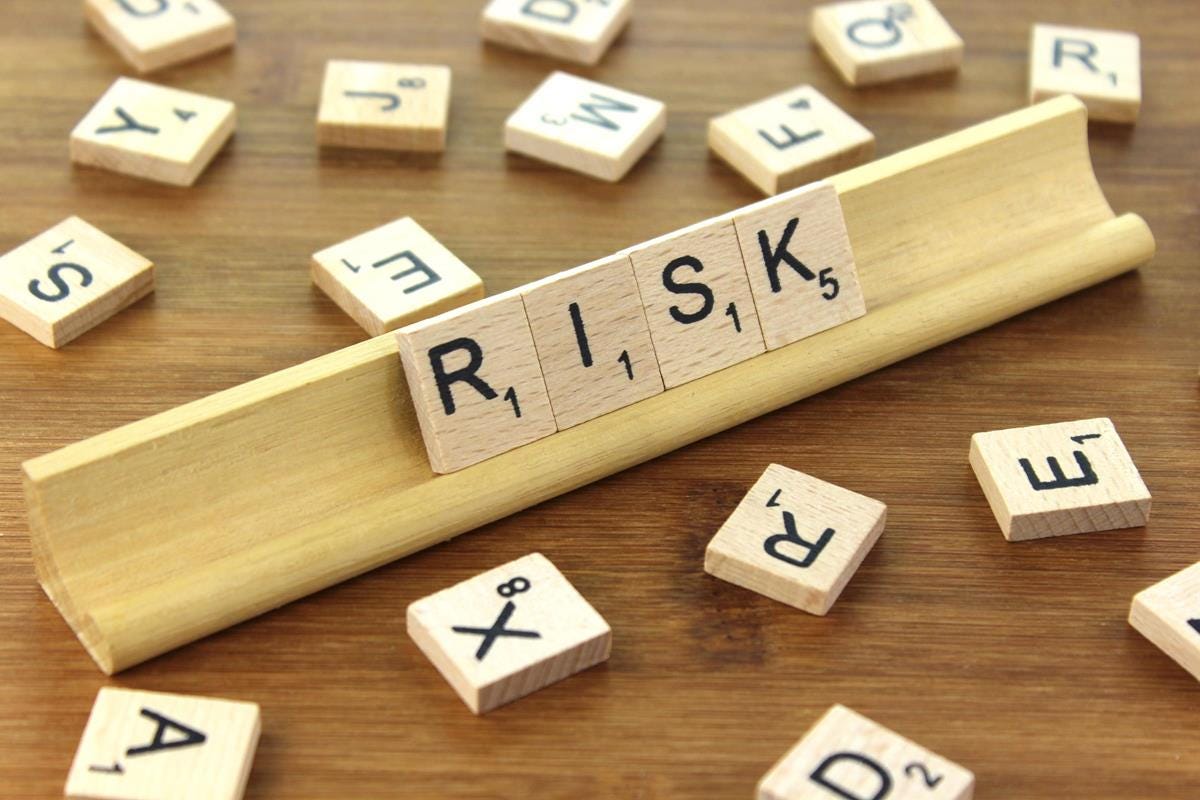The importance of testing your riskiest assumptions as earlier as possible
 Alfredo Juarez | June 30, 2019
Alfredo Juarez | June 30, 2019

Last year, when I was mentoring at a Startup Weekend, there was this team that wanted to create a service that would deploy drivers on-demand for people who would go out with their car but drank a little too much to drive back home — think of it as some sort of Valet Parking, but instead of parking your car, they would drive you home (with your car) — don’t judge the idea, this isn’t the point of the article, bear with me.
When I was thinking about different ways to validate their ideas before writing a single line of code, I suggested them to go out that night to a couple of nightclubs and approach drunk drivers as much as they could to offer them a ride home.
Of course, someone said: no way! How would someone give me his car if he doesn’t know me? Bingo! That, right there, is the riskiest assumption for this particular team. There’s no point at all in building a robust product if there’s a potential risk of being mistrusted by your target market. You have to be able to identify and mitigate those risks before pouring all your money on this product.
For this particular product, going out there and asking wether someone would use this service is rather enough; in a simple questionnaire format, someone could tell you she would definitely use it, but in real practice she just wouldn’t trust you to drive her home. This is what I call a false positive in customer development. That’s why I encouraged them to perform this test by offering an actual service, instead of just asking the usual questions.
Before fulfilling the team’s desire to build an app, they had some pressing issues that needed to be addressed beforehand, like: 1) how can they be trusted by the target market? 2) would anyone use a service like this at all? 3) what are the legal constraints for this service and how can they assure the customer that she’s fully covered if something bad happens?
Now, just as they where hesitant to go ahead and perform this test, you might be thinking, it’s kind of crazy to just go out there and tell someone that we are a valet-to-home service company without actually having a real company that backs your claims. I can’t deny that having everything in order — legal, tech, personnel, etc.. — would make it easier for gaining trust, however, getting all that backup in place is super expensive and, at this very moment, you don’t even know if people would even use this service at all.
So, next time you are working on a new product, don’t forget to test your riskiest assumptions early and often.
Don’t fall out in the false positives trap.
Let's build something great
Need help with rapid prototyping, UX design, app development, or digital product strategy? Please fill out the form below for a free consultation. All fields required.